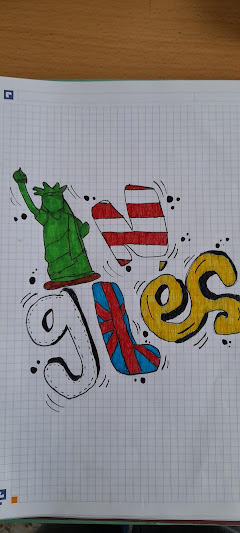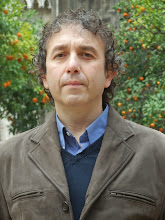CONNECTORS
PURPOSE:
TO + Infinitive
IN ORDER TO + Infinitive
SO AS TO + Infinitive
SO THAT + Sentence: Subject + Verb
(Could / Would) + (Complement)
IN ORDER
THAT + Sentence: Subject + Verb (Could
/ Would) + (Complement)
CONTINUITY (and):
IN ADDITION
FURTHERMORE
MOREOVER
CONTRAST (but):
HOWEVER
YET
NEVERTHELESS
CONCESSIVE:
ALTHOUGH /
THOUGH
DESPITE /
IN SPITE OF
EXEMPLIFYING:
ON THE ONE
HAND … ON THE OTHER HAND
FOR EXAMPLE
FOR
INSTANCE





